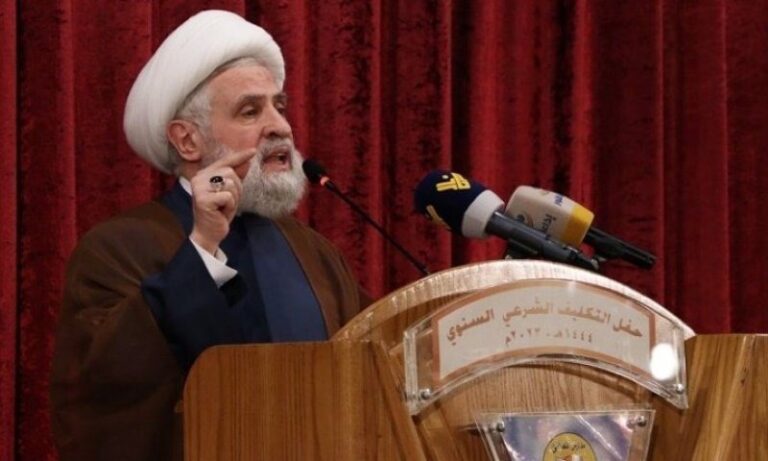The 12-day war between Israel and Iran featured an unprecedented cyber campaign against the Islamic Republic’s financial system, the Wall Street Journal reported.
According to the report, Israel destroyed digital assets and banking records to undermine the regime.
Israel first attacked Bank Seraph, Iran’s oldest and largest state-owned bank and the central financial institution of the Islamic Revolutionary Guard Corps.
Predatory Sparrow, a hacker group that the report claims is linked to the Israeli government, claimed credit for deleting Bank Seraph’s banking data, halting Iran’s military payroll, and causing a series of related disruptions.
“Automated teller machines went dark, and online and in-branch services shut down,” the report said. “Salary and pension payments halted.”
The hackers also penetrated Nobitex, Iran’s dominant cryptocurrency exchange, wiping out $90 million in IRGC funds.
“Predatory Sparrow reportedly extracted $90 million from wallets linked to the Islamic Revolutionary Guard Corps, then burned the assets by transferring the funds to addresses where they could not be retrieved, thereby permanently removing them from circulation,” the article said.
The attack created a nationwide panic. Iran’s largest commercial bank, Bank Melli, was not directly targeted in the attack but couldn’t meet the demand for cash. The rial fell by over 12%, and trading on the Tehran Stock Exchange was suspended.
Officials and security personnel were denied access to their personal funds, undermining the regime’s ability to earn loyalty through financial means.
The report added that the success of the cyber campaign reframed US strategy. When President Trump said at the NATO summit, “We want [Iranians] to be prosperous, we want them to do well, but they can’t have nuclear weapons,” it was a message to Iran’s Supreme Leader that he must relinquish the nuclear program or face economic collapse.
The sanctions imposed by the West that led Iran to use vulnerable channels such as crypto and informal banking will likely continue to be part of that strategy, along with the US actively aiding Israel in carrying out future cyberattacks on the Islamic Republic.
“Cyber warfare also rewards live-fire experience,” the article said. “The more Washington and Jerusalem operate together in combat, the stronger their alliance grows. And when the next big test comes—as it surely will—the nations that have trained together under fire will dominate the field.”
(YWN Israel Desk—Jerusalem)












One Response
$90 million is a good start, but it will hardly put a dent in the billions that the irgc has.